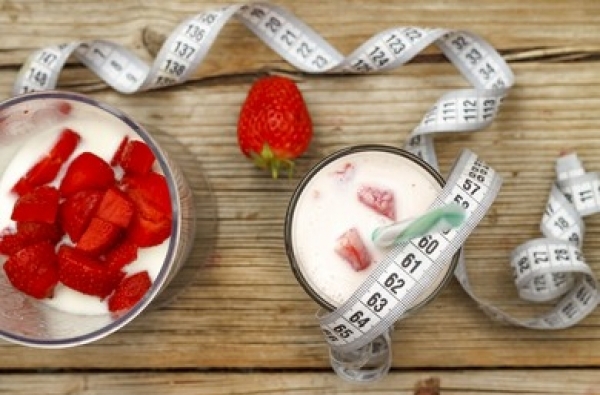
A liquid diet is a type of diet that consists of liquids and may or may not include solid foods. Liquid diets are often used for medical purposes, such as to prepare for surgery or to treat digestive issues. However, some people may choose to follow a liquid diet for weight loss or other health reasons. There are several different types of liquid diets, including:

- Full liquid diet: A full liquid diet consists of liquids that are easy to digest, such as water, broth, juice, and milk. It may also include pureed or strained foods, such as pureed fruits and vegetables, or strained soups. A full liquid diet is often used as a short-term solution to rest the digestive system or prepare for surgery.
- Clear liquid diet: A clear liquid diet consists of liquids that are transparent and can be seen through, such as water, broth, and clear juices. It does not include solid foods or opaque liquids such as milk or cream. A clear liquid diet is often used as a short-term solution to prepare for surgery or diagnose digestive issues.
- Modified liquid diet: A modified liquid diet consists of liquids and soft, easy-to-digest foods. It may include pureed or strained fruits and vegetables, as well as soft, cooked meats and grains. A modified liquid diet is often used to treat digestive issues or as a short-term solution to rest the digestive system.
- Meal replacement liquid diet: A meal replacement liquid diet consists of liquid meal replacements that provide a balanced combination of nutrients, such as protein, carbohydrates, and fats. These liquid meals are designed to provide the same nutrients as a solid food meal and can be used as a weight loss or weight maintenance tool.
- Medical liquid diet: A medical liquid diet is a liquid diet that is prescribed by a healthcare provider for a specific medical purpose, such as to prepare for surgery or to treat a digestive issue. These diets are often very restricted and may include only specific types of liquids or nutrients.

It is important to note that liquid diets should not be followed for extended periods of time without the supervision of a healthcare provider, as they may not provide all the nutrients that the body needs. If you are considering a liquid diet, it is important to speak with your healthcare provider to determine if it is appropriate for you and to discuss any potential risks or side effects.